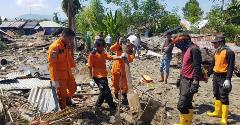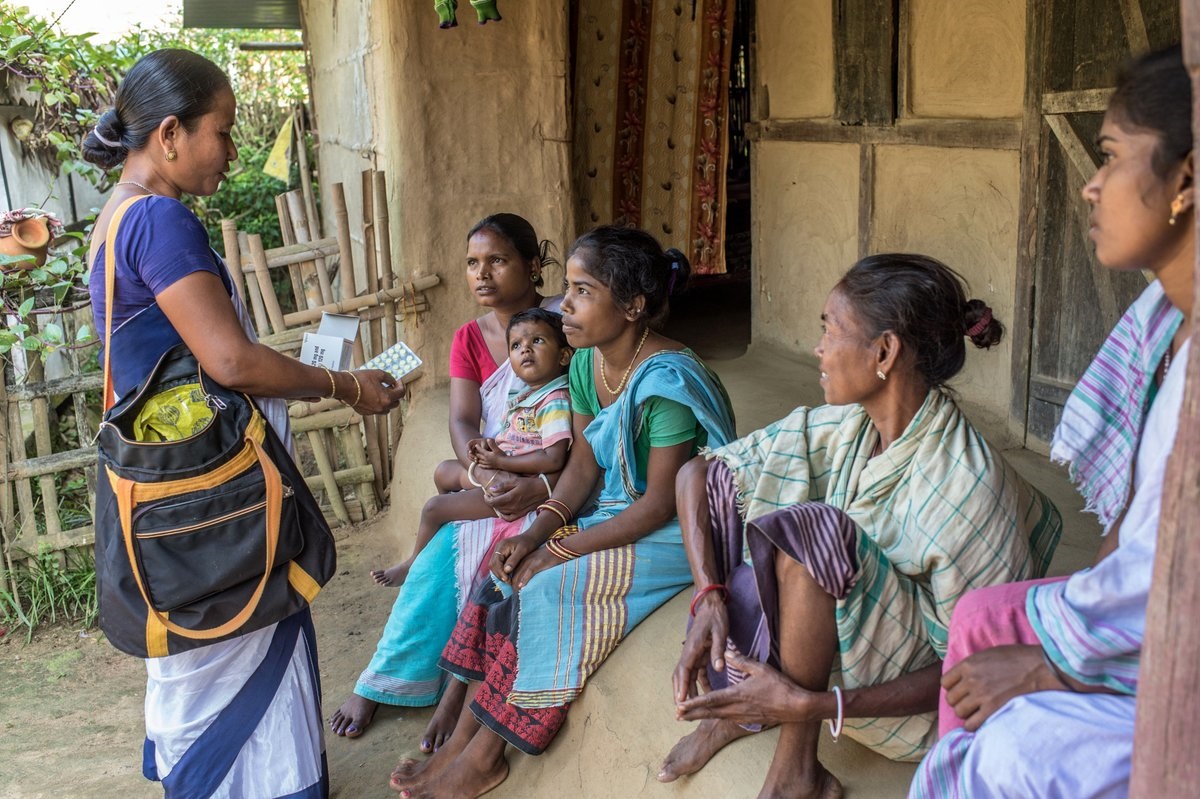Ageing is inevitable and over the next three decades, the number of older persons worldwide is projected to more than double, reaching more than 1.5 billion persons in 2050. All WHO regions will see an increase in the size of the older population between 2019 and 2050, but the transition in the WHO South-East Asia Region is expected to be especially rapid. While the proportion of people aged 60 or above was 9.8% in 2017, it is expected to increase to 13.7% and 20.3% by 2030 and 2050, respectively. Population ageing and its impact on almost all aspects of life – health, social and economic – has been recognized by Member States as a critical issue that requires urgent and ongoing action.
The COVID-19 pandemic has exacerbated existing inequalities and increased vulnerabilities. It has particularly affected the health and well-being of older persons, especially older women, who constitute the majority of older persons, and who are the focus of this year’s UN International Day of Older Persons. While older women continue to meaningfully contribute to social and cultural life, their contributions and experiences remain mostly invisible, often limited by gendered disadvantages accumulated throughout the life course, which can also impact older women’s access to quality, integrated health care.
As early as 2012, countries of the Region adopted the Yogyakarta Declaration on Ageing and Health, which led to the development of the Regional Strategy for Healthy Ageing 2013–2018, followed by the Regional Framework on Healthy Ageing 2018–2022. WHO continues to develop and disseminate an array of capacity-building packages for health professionals at all levels to strengthen the provision of quality, integrated health care for older persons. All Member States are now oriented on the WHO Integrated Care for Older People (ICOPE) approach, which is helping health and social care stakeholders better understand, design, and implement person-centred and coordinated models of care. In 2020, WHO, in collaboration with UNFPA and other partners, mapped the impact of the COVID-19 pandemic on the health and well-being of older persons in the Region, accounting for health and social care provisions, with a view to strengthening access for all older persons to quality, integrated care.
Today, on the UN International Day of Older Persons, WHO is calling on countries to ensure all older persons can access quality, integrated health services, without financial hardship, focusing on several priorities. First, health workforce strengthening, with an emphasis on identifying health workforce gaps and strengths and increasing health workforce education and training, which should be tailored to the specific needs of older persons. Second, generating and applying data and evidence to better understand the needs of older persons and to assess and measure the capacity of systems to deliver integrated care at the community level. Third, strengthening primary health care (PHC) specifically, in line with the Region’s new Strategy on PHC, and in recognition of the fact that quality PHC services are highly effective in enhancing the physical and mental capacity and well-being of people of all ages. And fourth, increasing access to quality long-term care, including palliative care, to maintain quality of life and functional ability, and to ensure all older persons live with dignity.
We can all make a difference, starting with combating ageism and other forms of discrimination and violence against older persons. Together, we must not just recognize but celebrate the voices and experiences of all older persons – including older women – and showcase their resilience and contributions to society. We must respect, protect and fulfill older persons’ human rights, and also appreciate their contributions to sustainable development. In this Decade of Healthy Ageing, WHO will continue to support all countries of the Region to meet all people’s health needs at all stages of life – because no person, younger or older, is expendable, and no one can be left behind.






